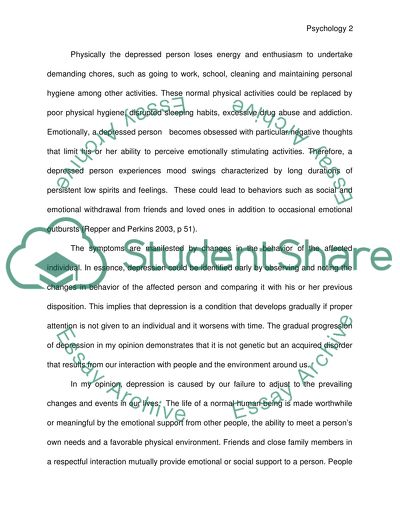Cite this document
(“Personal Belief on Depression and Counseling Research Paper”, n.d.)
Retrieved from https://studentshare.org/psychology/1432957-personal-belief-on-depression-and-on-counseling
Retrieved from https://studentshare.org/psychology/1432957-personal-belief-on-depression-and-on-counseling
(Personal Belief on Depression and Counseling Research Paper)
https://studentshare.org/psychology/1432957-personal-belief-on-depression-and-on-counseling.
https://studentshare.org/psychology/1432957-personal-belief-on-depression-and-on-counseling.
“Personal Belief on Depression and Counseling Research Paper”, n.d. https://studentshare.org/psychology/1432957-personal-belief-on-depression-and-on-counseling.


